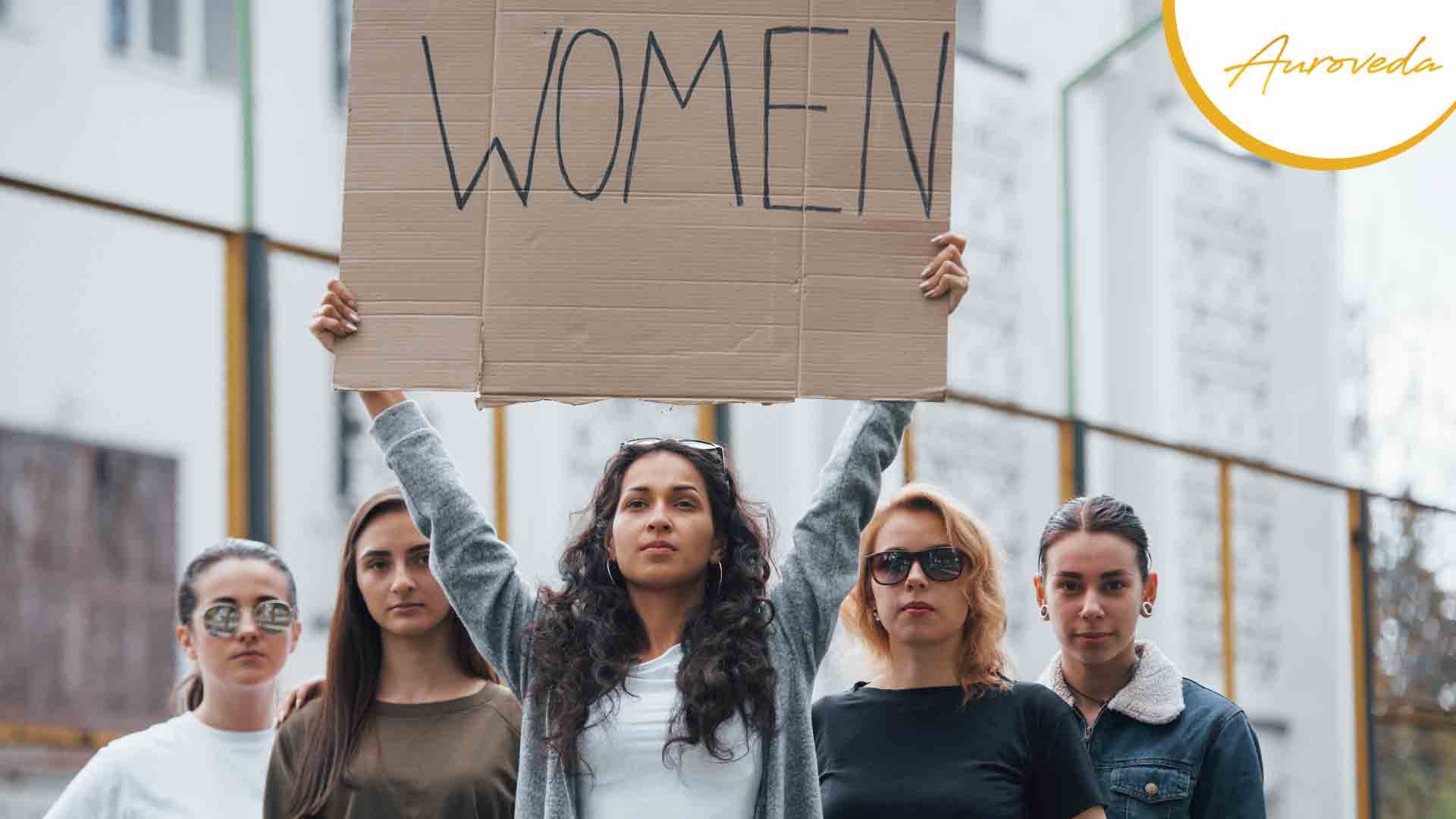Women’s empowerment is a term that has gained significant popularity in recent years. It is an idea that is often discussed in various spheres of society, including politics, social movements, and business. But what does it mean, and why is it important?
The true meaning of women’s empowerment is complex, but at its core, it refers to the process of giving women the power and resources to control their own lives and make their own decisions. Empowering underprivileged women includes things like access to education, healthcare, and economic opportunities, as well as the ability to participate fully in political and social life.
What is women's empowerment?
Empowerment is about more than just giving women the tools they need to succeed; it also involves challenging and changing the societal structures that hold them back. This means addressing issues like gender discrimination, violence against women, and unequal access to resources.
In India, women’s empowerment has become a critical issue in recent years. Despite significant progress in some areas, such as education and healthcare, women in India still face significant barriers to full empowerment. For example, violence against women is a widespread problem, with high rates of domestic violence, rape, and sexual assault. Discrimination and bias against women are also common, and women often face significant challenges in accessing economic opportunities and participating in politics.
Progress of Women's Empowerment
There have been some significant efforts to address these issues in India, including legislative changes like the Protection of Women from Domestic Violence Act and the Sexual Harassment of Women at Workplace (Prevention, Prohibition and Redressal) Act. However, much work remains to be done to achieve true empowerment for women in India.
One of the most critical areas where progress is needed is in the realm of economic empowerment. Women in India often face significant challenges in accessing economic opportunities, including a lack of education and training, bias and discrimination in hiring and promotions, and a lack of access to credit and financial resources.
To address these issues, there have been some significant efforts to promote entrepreneurship among women in India. For example, the government has launched several programs to provide funding and support for women-led startups and small businesses. There has also been an increase in initiatives to provide education and training to women in areas like finance, business management, and technology.
Another critical area of focus for women’s empowerment in India is political participation. Despite some progress in recent years, women are still significantly underrepresented in politics at all levels, from local councils to the national parliament. This lack of representation means that women’s voices and perspectives are often excluded from decision-making processes, and issues that are critical to women’s lives are not adequately addressed.
To address this issue, there have been several initiatives to promote women’s participation in politics in India, including reservations for women in local councils and the parliament. However, there is still much work to be done to ensure that women have equal access to political power and that their voices are heard in the decision-making process.
Overall, women’s empowerment is a critical issue in India, as it is in many other parts of the world. Achieving true empowerment for women requires addressing a range of issues, from violence and discrimination to economic and political barriers. This is why several organizations like Auroveda are constantly at work to help actualize this. While progress has been made in some areas, there is still much work to be done to ensure that women in India have the power and resources they need to control their own lives and make their own decisions.

